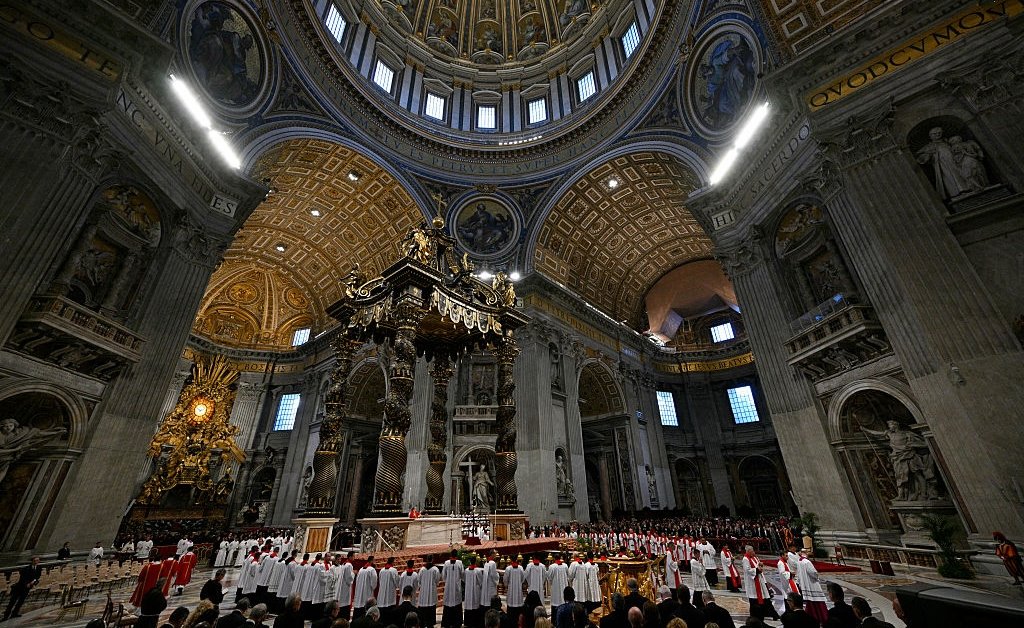Why Is Easter Always on a Sunday?
Easter, a holiday celebrated by millions worldwide, holds a special place in the Christian calendar. But why is Easter always celebrated on a Sunday? The answer lies in a fascinating blend of historical events, astronomical calculations, and theological significance. Understanding this requires delving into the origins of Easter and the complex system used to determine its date each year.
The Significance of Sunday in Christianity
The centrality of Sunday to Christianity is fundamental to understanding Easter's date. Sunday, often called the Lord's Day, marks the day of Christ's resurrection, the cornerstone of Christian faith. The Gospels consistently depict the resurrection occurring on the first day of the week, solidifying Sunday's importance as a day of celebration and renewal.
This connection between the resurrection and the first day of the week established Sunday as the most appropriate day for celebrating Easter. The early Church fathers consistently emphasized the importance of celebrating this pivotal event on the Lord's Day. This practice, solidified over centuries, cemented Easter's association with Sunday.
The Lunar Connection: Calculating Easter's Date
Determining the precise date of Easter is not as straightforward as it might seem. Easter isn't fixed to a specific date on the Gregorian calendar. Instead, its date is calculated using a complex system that considers both the lunar and solar cycles. This system, known as the Computus, dates back to the early Church and is rooted in the Jewish Passover.
The Nicene Council (325 AD): The Council of Nicaea, a pivotal event in early Christianity, established a crucial rule: Easter would be celebrated on the Sunday following the first full moon after the spring equinox (March 21st). This connection to the lunar calendar reflects the historical ties between Christianity and Judaism, as the Passover, a significant Jewish holiday, often falls around the same time.
This calculation ensures that Easter always falls after the spring equinox, symbolizing the renewal of life and reflecting the season of rebirth associated with the resurrection narrative.
Understanding the Computus: A Complex Calculation
The Computus isn't simply about finding the first full moon after the equinox. Several factors influence the exact calculation. Leap years, variations in the lunar cycle, and historical interpretations of astronomical phenomena all contribute to the complexity. This is why determining the exact date of Easter requires specialized knowledge and often involves sophisticated algorithms.
The Ecclesiastical Calendar and its Influence
The calculation of Easter isn't just a matter of astronomy; it's also deeply embedded in the liturgical calendar of various Christian denominations. The date determined by the Computus isn't arbitrary; it's meticulously calculated to align with the Church's liturgical year and ensure consistency across different communities.
This adherence to a shared, calculated date strengthens the sense of unity and shared faith within the Christian community globally. It provides a common focal point for celebration and reflection across diverse geographical locations and cultural backgrounds.
Easter Sunday: A Day of Celebration and Renewal
In conclusion, Easter's unwavering association with Sunday stems from the profound significance of the Lord's Day in Christian theology, the day of Christ's resurrection. Furthermore, the complex calculations used to determine its precise date, based on both lunar and solar cycles, ensure that Easter aligns with the historical context of the Passover and the spring equinox, symbolizing renewal and rebirth. Ultimately, Easter Sunday remains a powerful symbol of faith, hope, and the promise of new beginnings.
